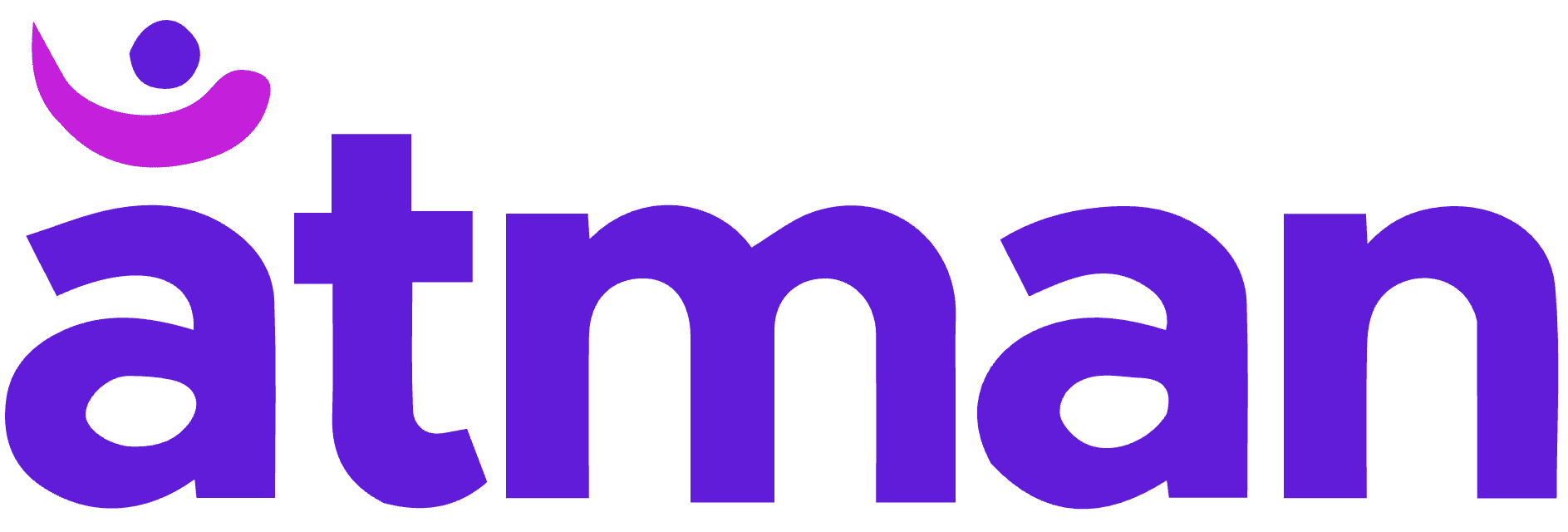At ACT, we believe that technology, when paired with contextual innovation and government collaboration, can unlock large-scale impact especially in overlooked areas like adolescent mental health.
In India, over 197 million people live with mental health disorders, with 50% of all conditions emerging by age 14 and 75% by age 24. Yet, preventive mental health care remains largely absent from the school system. Embedding early intervention at scale presents a powerful opportunity to drive systemic impact and improve long-term outcomes across generations.
Atman is one such organisation driving systemic change in school-based mental health. It focuses on students in grades 9 to 12 in government schools, delivering culturally contextualised support through a hybrid model that engages students, teachers and the broader education ecosystem.
The approach combines interactive smart class content that enables structured, age-appropriate discussions in classrooms, a gamified app that offers short-form media and quizzes to build self-awareness, and access to virtual counsellors for students who need deeper emotional support.
Atman is currently operational in over 400 government schools and has reached more than 3.5 lakh students, with content available in Hindi, English, Telugu and Kannada. Early indicators are very promising: 62% of students report improved emotional well-being and 20% of teachers have observed greater openness among students to discuss their mental health.
Backed by a strong, mission-driven founding team and early results from its work in government schools, Atman is now gearing up to scale its operations and impact. This next phase is not just about reaching more students, it is about proving that mental health care, when timely, relevant and rooted in local context, can be delivered effectively within India’s public systems. ACT will support Atman in this scale-up that will reach 3 million students across 11,000 schools in Haryana and Chhattisgarh. Beyond catalytic funding, ACT will collaborate closely with the Atman team on product development and implementation strategy to help realize this bold, systems-level vision.
By placing mental well-being at the heart of school systems, Atman is helping build a generation of resilient, self-aware young people, and we are proud to be part of this journey.










